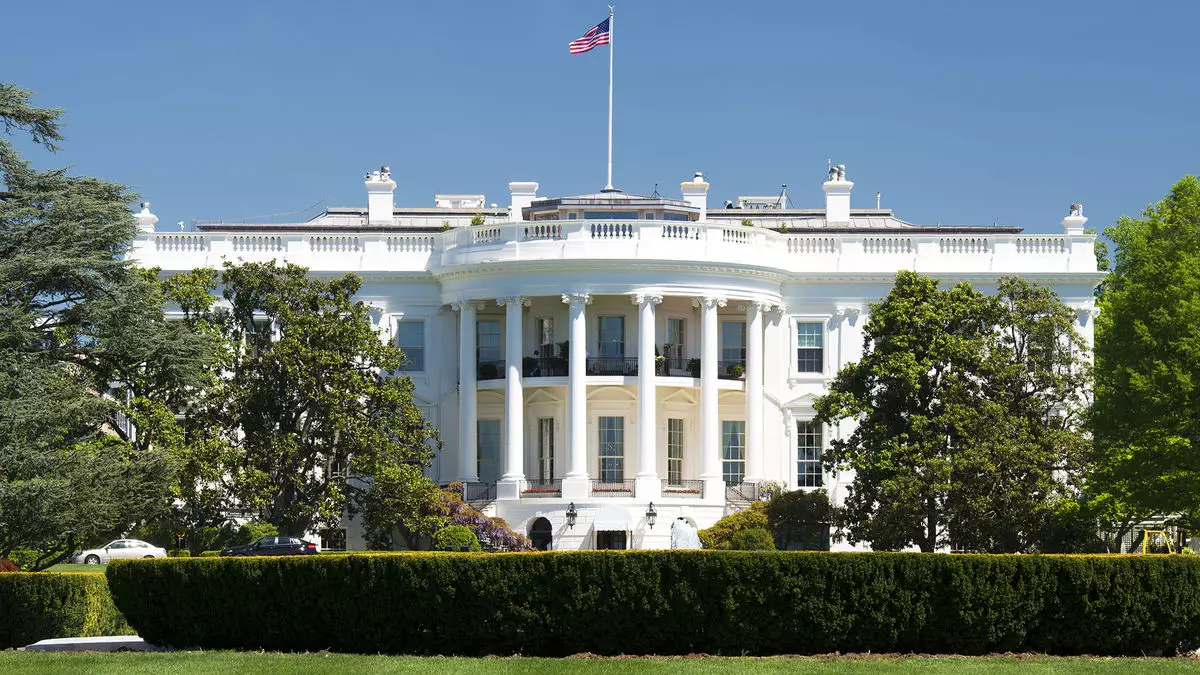The political landscape in Washington is undergoing a transformative period with the commencement of President Donald Trump’s second term. The changes are not merely superficial; they encompass a wide array of policies that could significantly impact various sectors, notably the travel industry. Amidst these shifts, the American Society of Travel Advisors (ASTA) remains resolute in its mission, advocating not just for the interests of travel advisors but for the broader health and sustainability of the travel community at large.
At the core of ASTA’s operations is a clear and unwavering commitment to support travel advisors. Jessica Klement, Vice President of Advocacy, emphasizes that while the political administration may change, the fundamental objectives of ASTA will not waver. In an evolving political landscape filled with uncertainty regarding travel policy, Klement’s statement echoes a belief in a consistent advocacy framework: “You advocate for travel advisors. That’s it, full stop.”
This approach allows ASTA to retain its focus amid the tumult of changing administrations. The organization recognizes the need to continually adapt its strategies, leveraging new opportunities presented by political shifts while steadfastly standing by its core principles.
One critical aspect of Klement’s analysis is her observation on the potential for a more business-friendly environment under Trump. This perspective suggests that certain policy issues may have a better chance of being heard than during the previous Biden administration. The travel industry has often faced unique challenges, particularly concerning regulations impacting small businesses, and the possibility of an administration more open to discourse may pave the way for meaningful dialogue on critical issues.
This is not to suggest that ASTA will alter its advocacy focus; instead, the organization intends to take advantage of any openings that arise as new policies are shaped. By framing certain issues – such as the Department of Transportation’s (DOT) refund policies – within a business-centric discussion, ASTA aims to make a compelling case for necessary reforms.
Several pivotal issues are likely to remain at the forefront of ASTA’s agenda. For instance, the existing DOT rule that positions the “merchant of record” as responsible for processing refunds in the case of canceled or altered flights is a contentious point. Klement argues that travel advisors should only be held accountable for refunds if they actually possess the funds, a stance that reflects the importance of fair practices in the industry. This adjustment is seen as a crucial step that warrants revisiting under the current administration.
Additionally, ASTA is poised to address new developments concerning overtime regulations set forth by the Department of Labor. As the threshold for guaranteed overtime pay is set to rise significantly in the coming months, Klement suggests that careful monitoring of these changes will be essential. The organization has historically taken strong stances against regulations that could disproportionately affect smaller agencies, positioning them as effectively stifling growth.
In the face of evolving policies, ASTA remains attentive to legislative shifts such as potential travel bans and anti-junk fee initiatives. Ensuring a travel agency representative on the Aviation Consumer Protection Advisory Committee is another key objective for ASTA. This representation would ensure that the unique insights and challenges faced by travel advisors are accounted for in key discussions regarding travel policy.
Klement also encourages active engagement from ASTA members with their elected representatives. Simple gestures, such as congratulatory messages to newly elected officials, can reinforce relationships and open lines of communication that are vital for effective advocacy.
As the Trump administration shapes its policies over the next term, ASTA remains committed to advocating for travel advisors and the travel sector at large. The organization’s focus on maintaining its core priorities while seizing new opportunities indicates a proactive approach to advocacy. With persistent engagement and strategic lobbying efforts, ASTA aims to solidify its impact on travel policy and ensure the collective voice of advisors is heard in Washington. The journey ahead may be fraught with challenges, but ASTA’s unwavering mission serves as the backbone of its advocacy efforts, promising to champion the interests of travel professionals across the nation.

